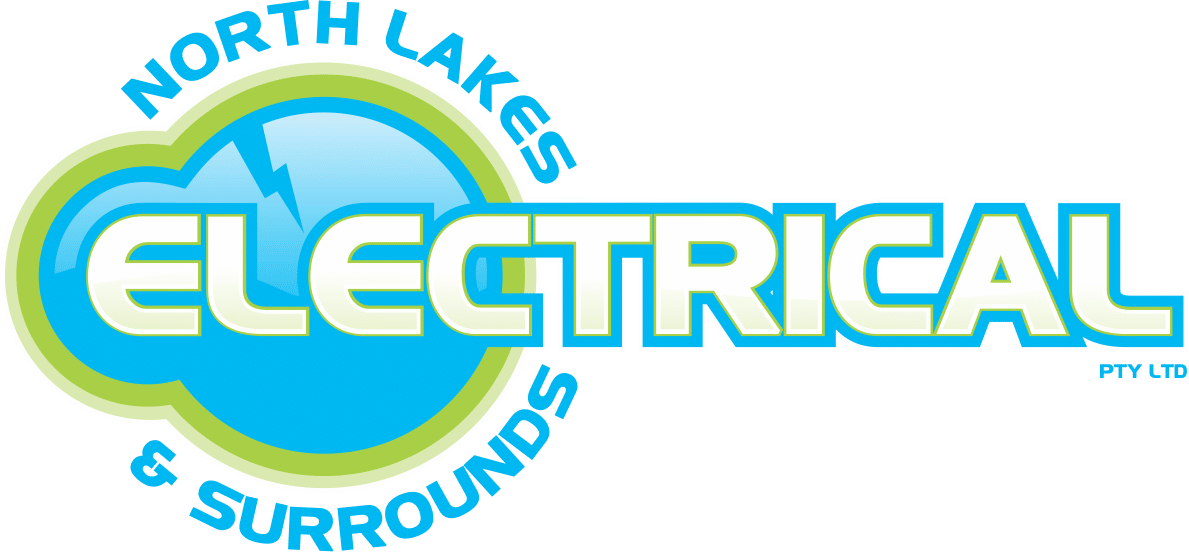Understanding Electrical Terminology: A Simple Guide for Homeowners
As your local experts in North Brisbane, we’re here to help you understand the ins and outs of your home’s electrical system. We know that electrical terminology can sometimes sound like a foreign language, so we’ve put together this handy guide to explain common terms in layman’s terms. Let’s get started!
Circuit
What it is: A circuit is a path that allows electricity to flow from a power source (like a battery or the power grid) through various devices and back again.
In simple terms: Think of a circuit as a loop. If the loop is complete, electricity flows through it, powering your lights, appliances, and other devices. If there’s a break in the loop, the electricity stops flowing, and things won’t work.
Circuit Breaker
What it is: A circuit breaker is a safety device that automatically shuts off electricity if too much current flows through the circuit.
In simple terms: Imagine a circuit breaker as a safety switch. If there’s an overload (like when you plug in too many devices), the switch flips off to prevent potential damage or fire.
Fuse
What it is: A fuse is another safety device that protects electrical circuits by melting and breaking the circuit if too much current flows through.
In simple terms: A fuse is like a weak link in a chain. If there’s too much electrical current, the fuse breaks (or blows), stopping the flow of electricity to protect the rest of the circuit.
Voltage
What it is: Voltage is the measure of electrical pressure that pushes electric current through a circuit.
In simple terms: Voltage is like the water pressure in a hose. Higher voltage means more pressure, pushing electricity through the wires to power your devices.
Current
What it is: Current is the flow of electric charge through a conductor, measured in amperes (amps).
In simple terms: Current is like the flow of water in a hose. It’s the amount of electricity moving through the wires.
Watt
What it is: A watt is a unit of power that measures the rate of energy consumption or generation.
In simple terms: Watts tell you how much energy a device uses or produces. A higher wattage means more power consumption.
Grounding
What it is: Grounding is the process of connecting an electrical circuit to the earth, providing a safe path for excess electricity to follow in case of a fault.
In simple terms: Grounding is like a safety net. If something goes wrong, it directs the excess electricity safely into the ground, preventing shocks or fires.
GFCI (Ground Fault Circuit Interrupter)
What it is: A GFCI is a device that quickly shuts off power if it detects a ground fault or leakage current, often found in areas with water like kitchens and bathrooms.
In simple terms: A GFCI is a super-sensitive safety switch. It protects you from electrical shocks by cutting off power if it senses something wrong.
Outlet/Receptacle
What it is: An outlet or receptacle is a point in the electrical system where you can plug in devices to access electricity.
In simple terms: It’s where you plug in your appliances, chargers, and other electrical devices.
Transformer
What it is: A transformer is a device that changes the voltage of electricity flowing through it, either increasing (stepping up) or decreasing (stepping down) the voltage.
In simple terms: Think of a transformer as an adapter that adjusts the electrical pressure to suitable levels for different uses.
Conductor
What it is: A conductor is a material that allows electricity to flow through it easily, usually made of metals like copper or aluminum.
In simple terms: Conductors are like roads for electricity, providing a path for it to travel.
Insulator
What it is: An insulator is a material that resists the flow of electricity, used to protect us from electric currents.
In simple terms: Insulators are like barriers that keep electricity from going where it shouldn’t, like the plastic coating on wires.
North Lakes and Surrounds Electrical: Your Local Experts
At North Lakes and Surrounds Electrical, we’re dedicated to ensuring the safety and reliability of your electrical systems. Whether you need help understanding your electrical panel, upgrading your home’s wiring, or installing new lighting, our team of qualified electricians in North Brisbane is here for you.
Have more questions about electrical terms or need assistance with your electrical needs? Don’t hesitate to contact us. We’re here to help make your home a safer place, one circuit at a time.

